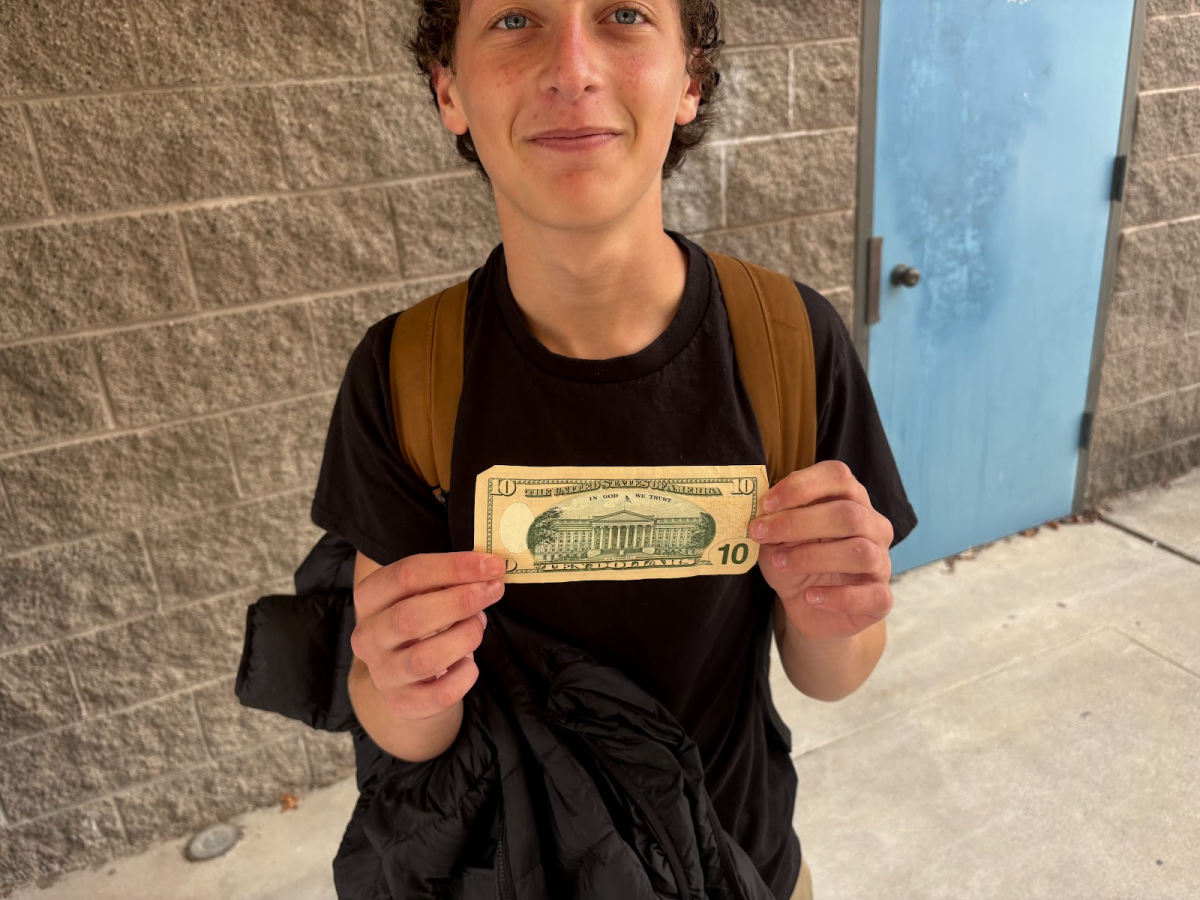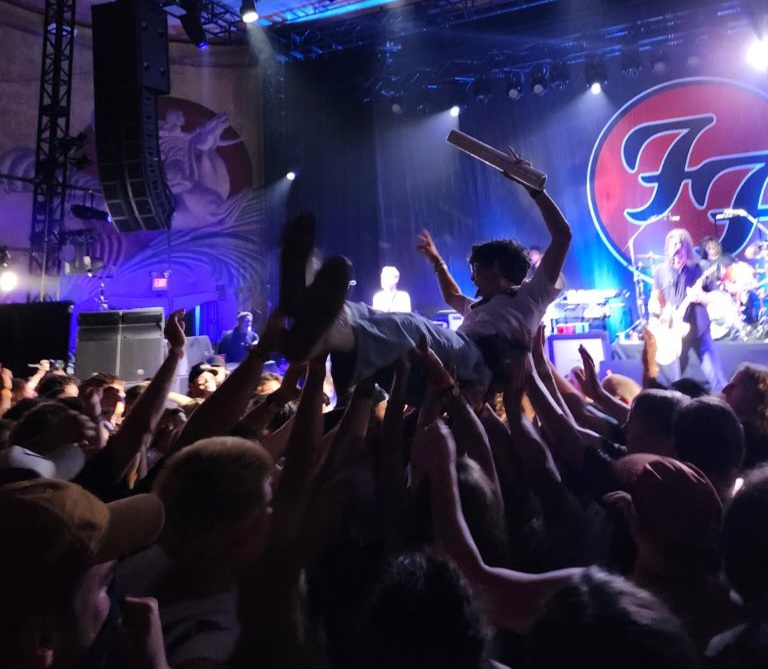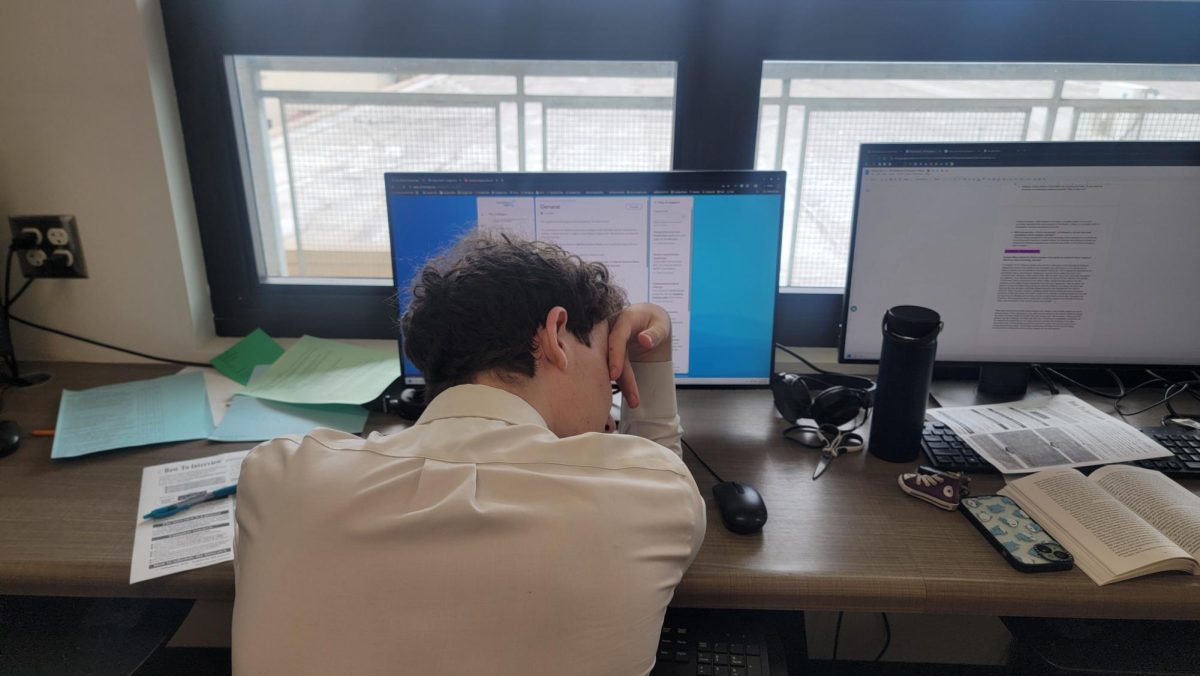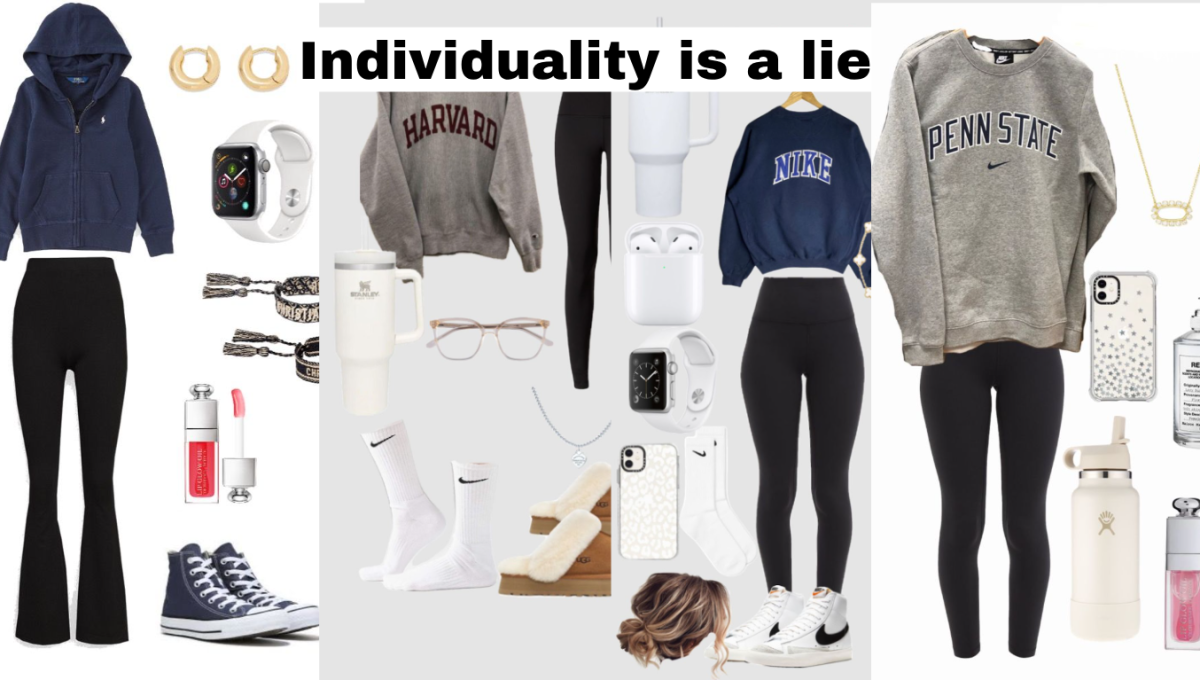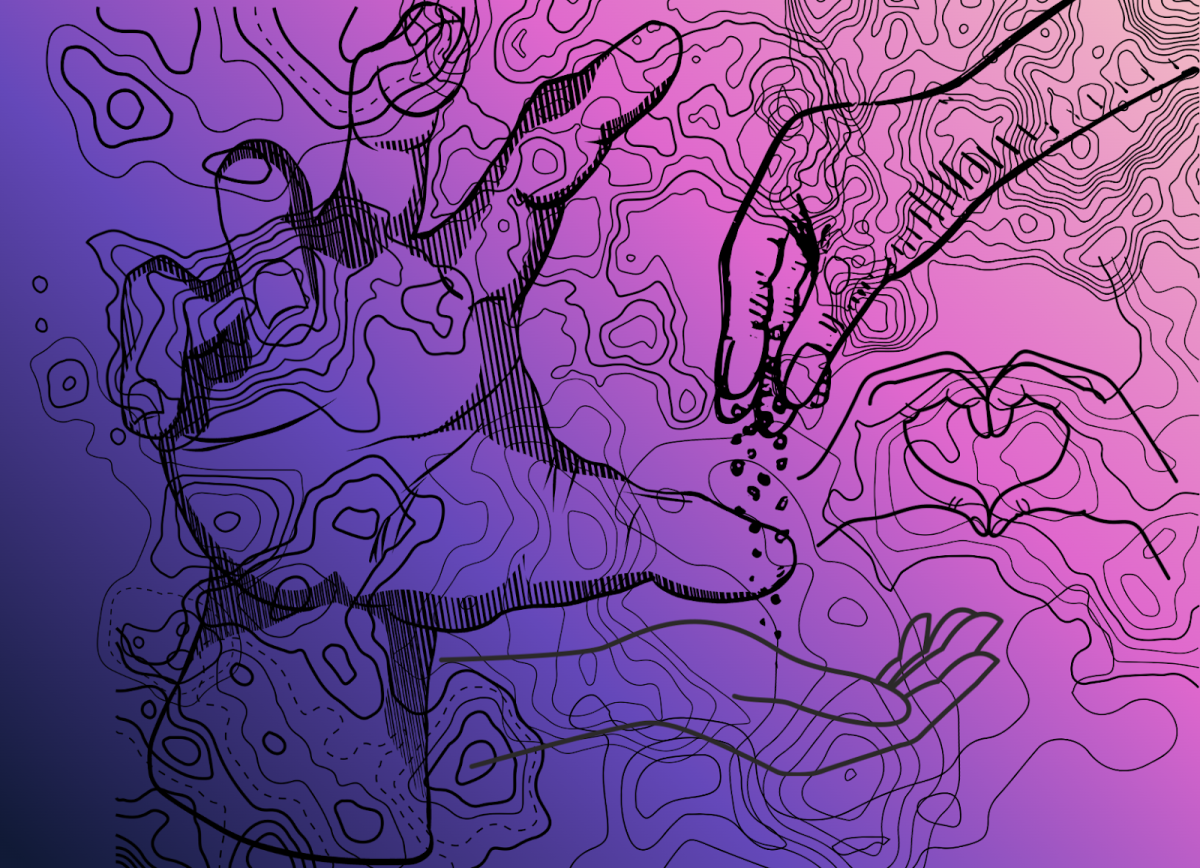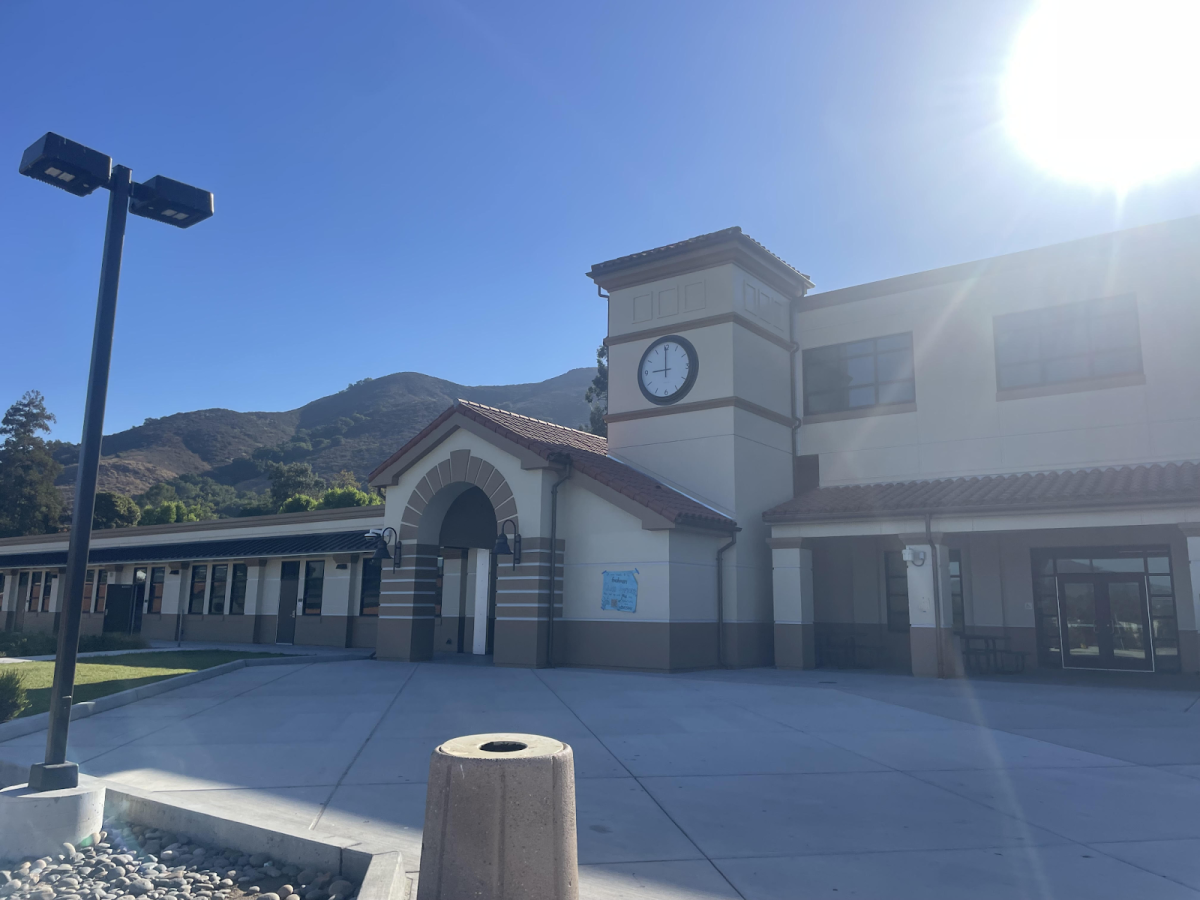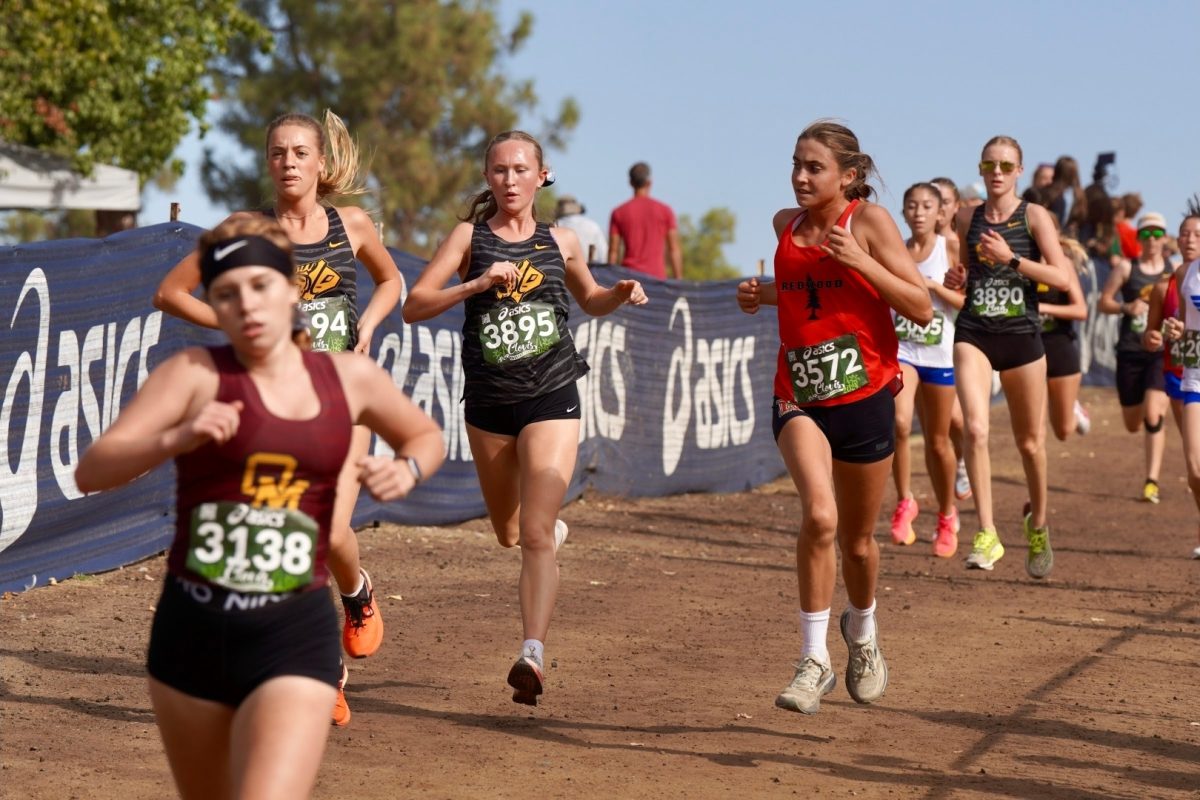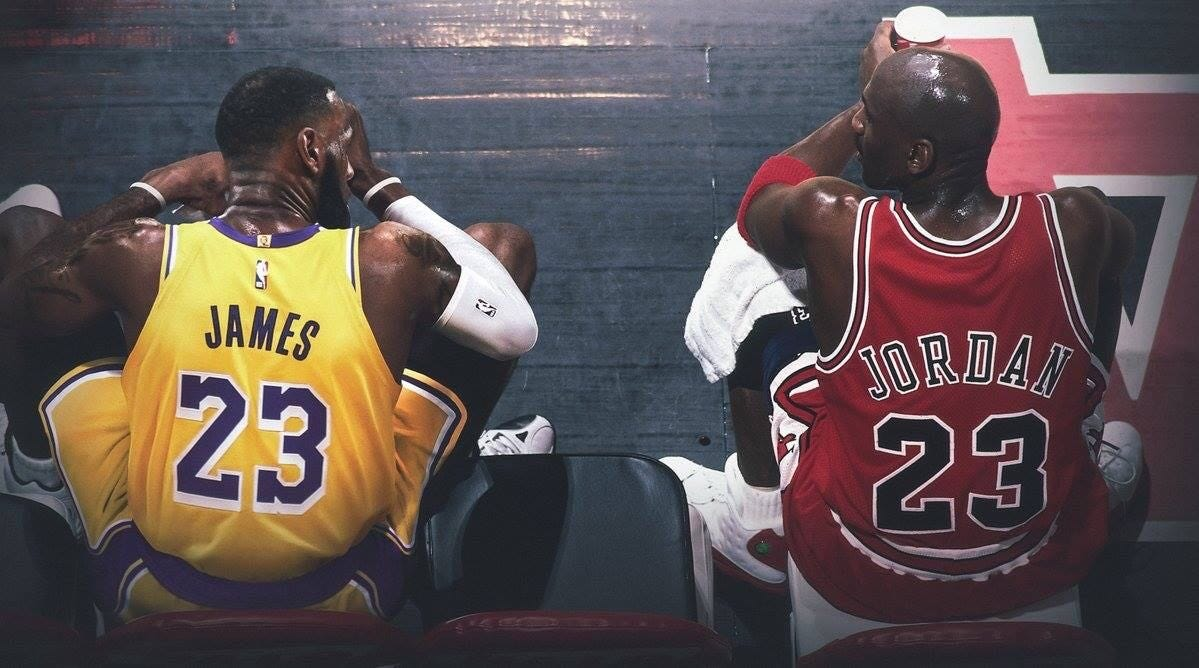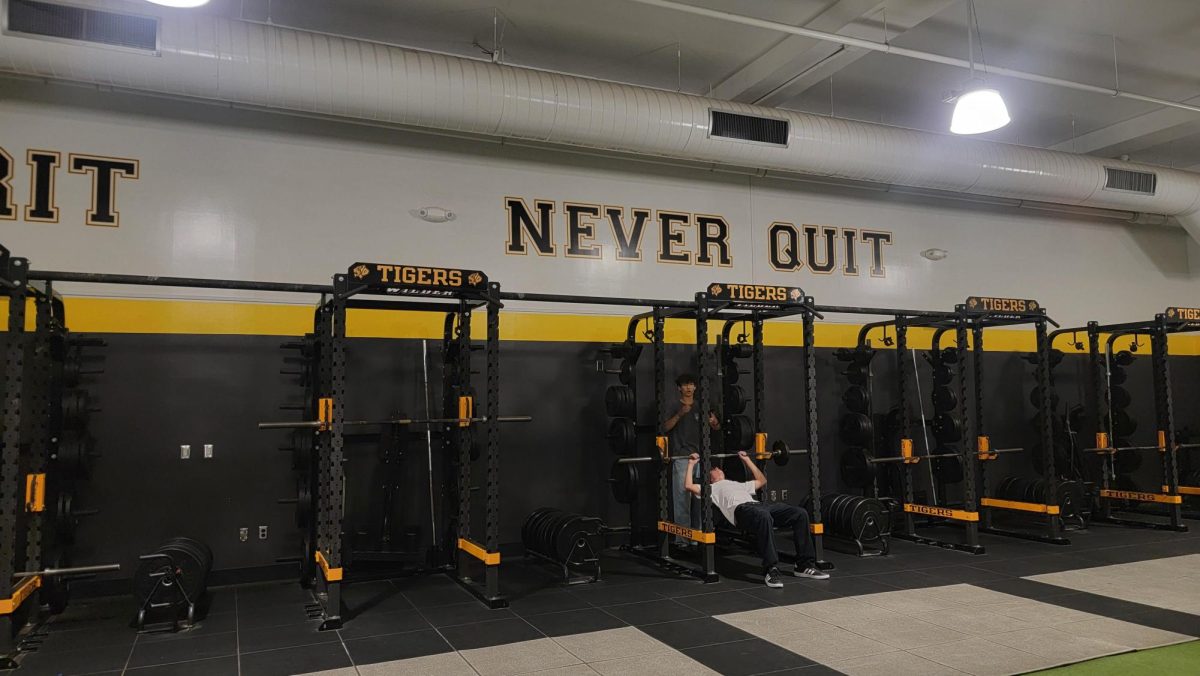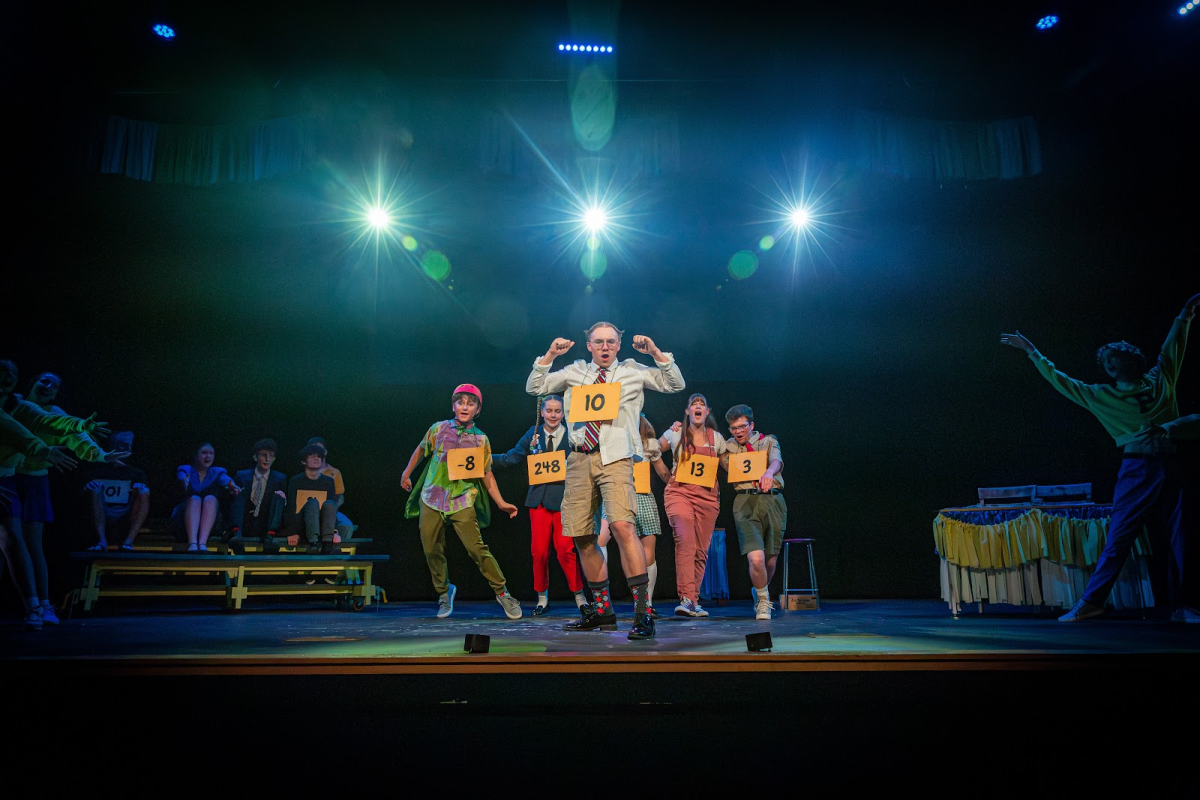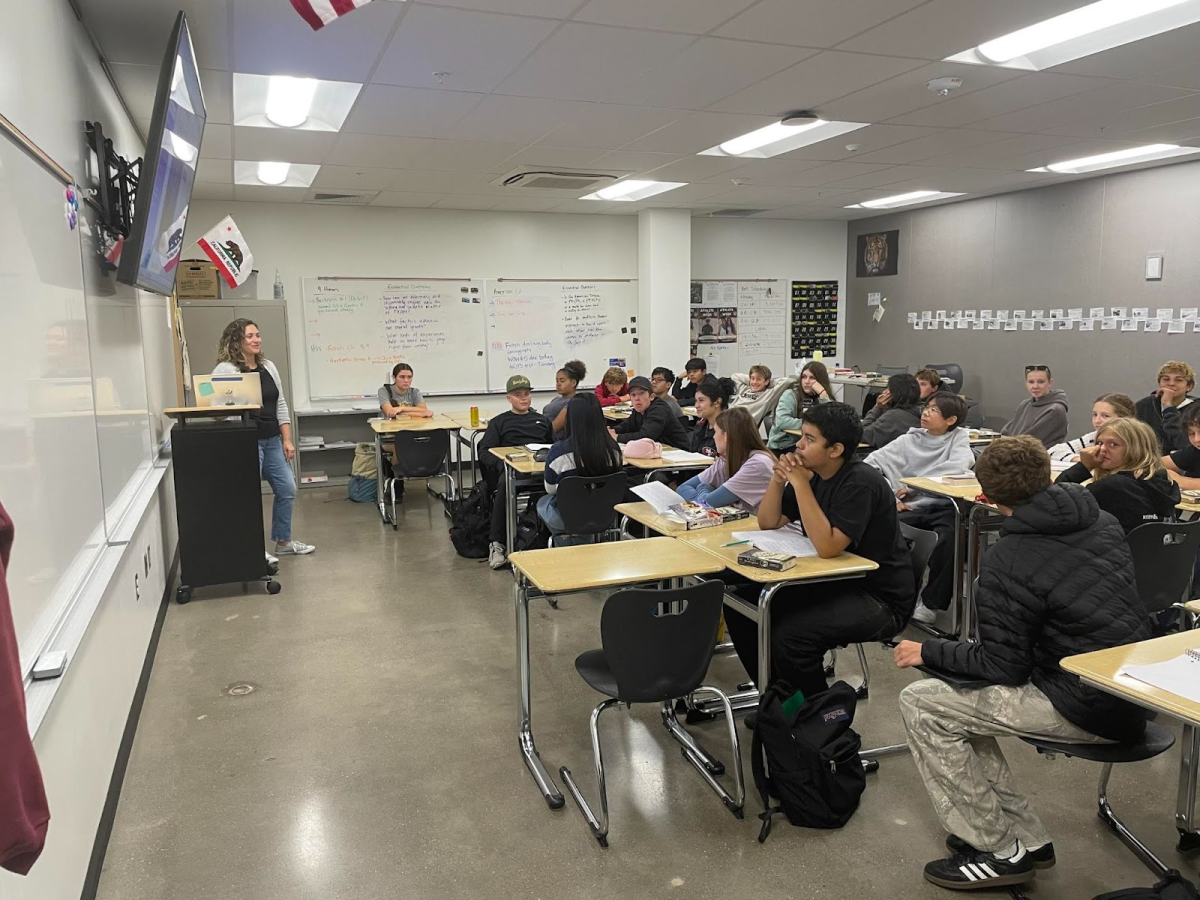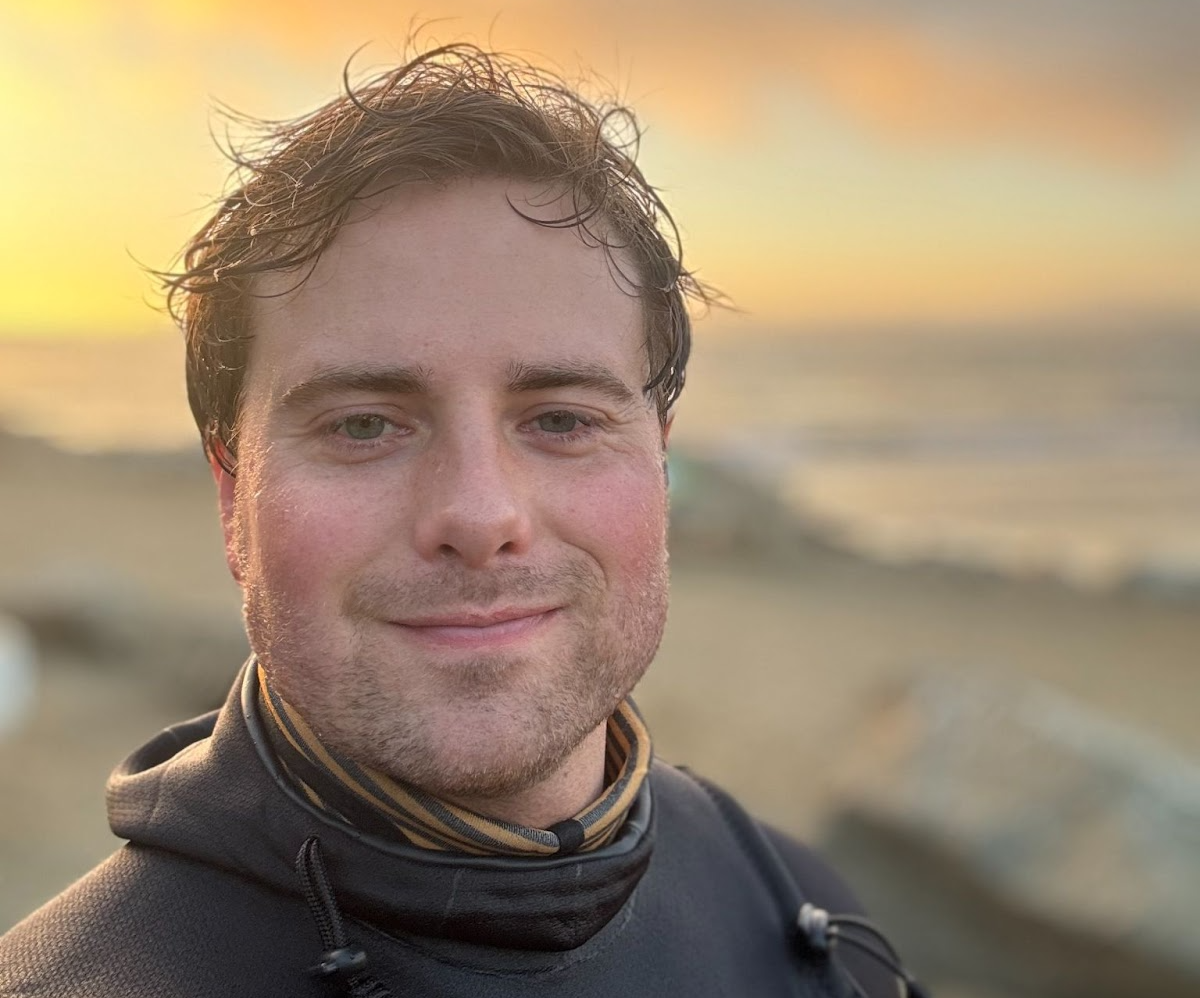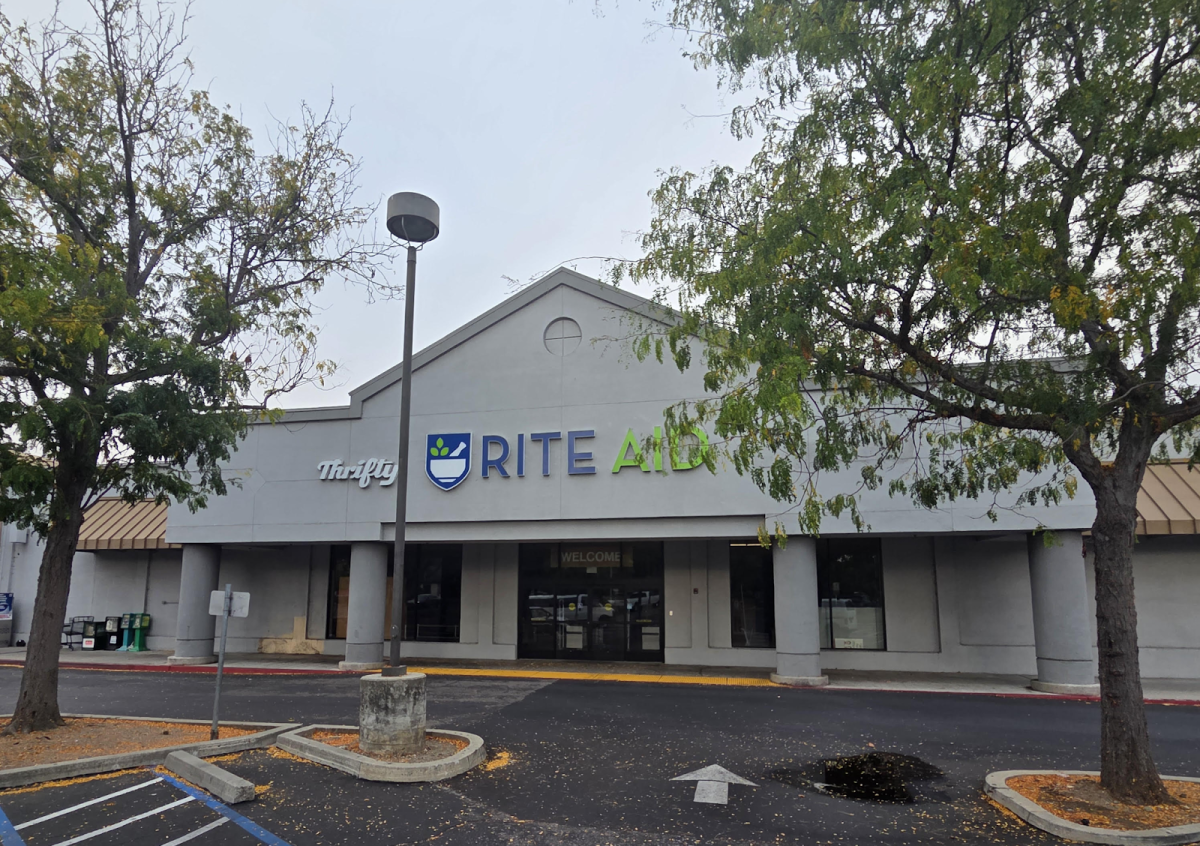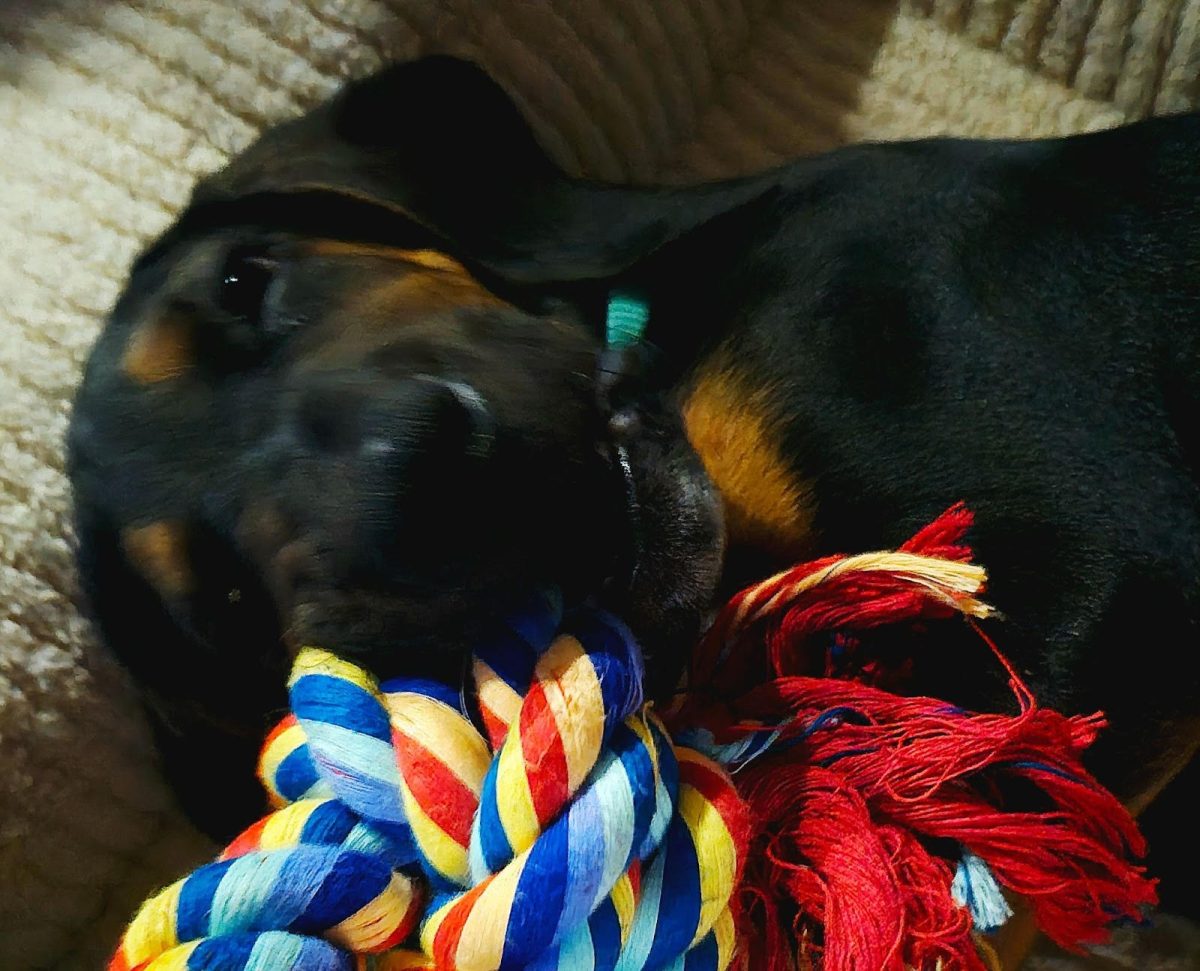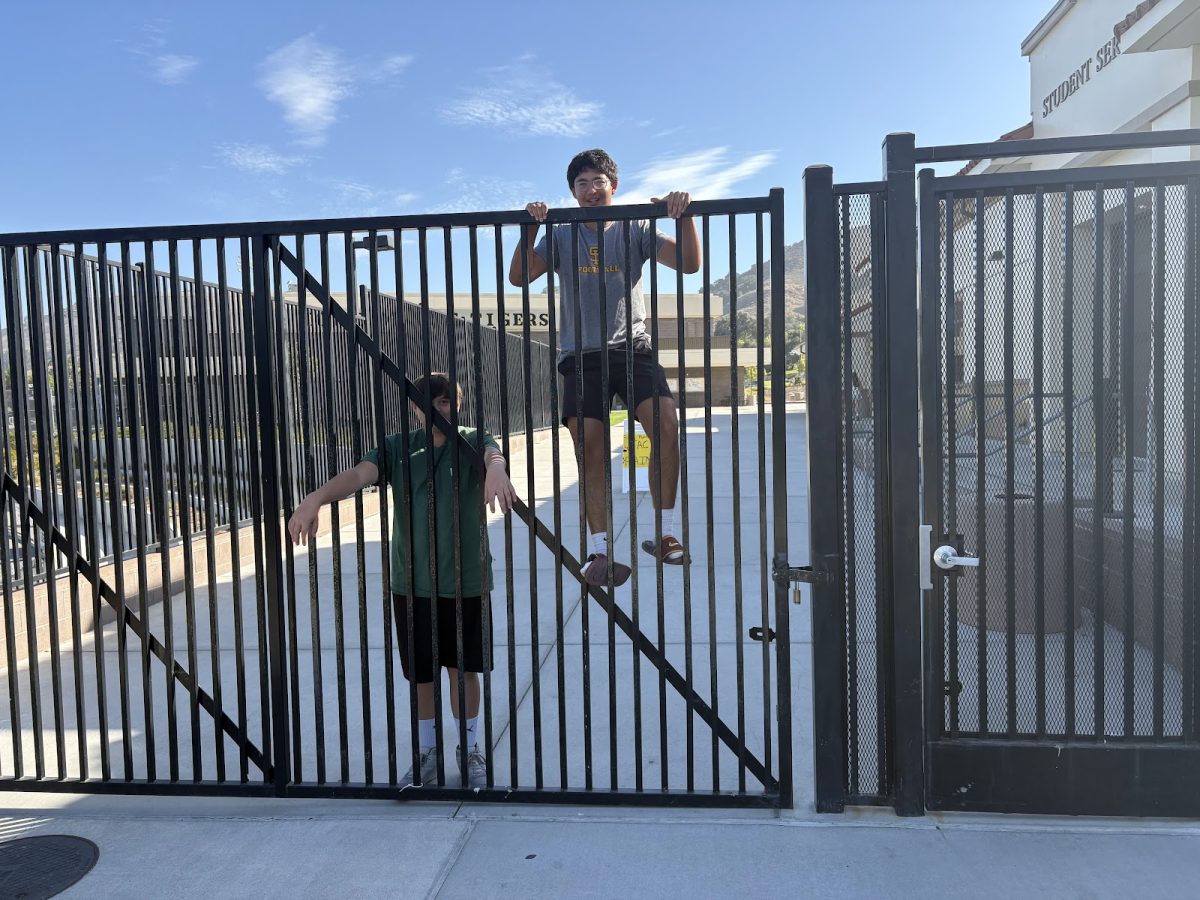People of color have been treated with prejudice for centuries. This discrimination puts communites with Hispanic and Black families at an unfair disadvatage to White privileged neighborhoods.
This oppression is now putting more minorities at risk for COVID-19. San Luis Obispo High School students recognize how the environment that oppressed families have to surround themselves in makes them more susceptible to the Coronavirus.
“Predominantly people of color neighborhoods have historically been more impoverished and underfunded than predominantly white white areas. POC rates of COVID-19 have been disproportionate in states like NY, LA, and MS where houses and apartments are tight-knit and thus, the probability of transmitting disease is higher than in a city like San Luis Obispo. Areas of residency that are underfunded and neglected by the government result in inadequate healthcare, discrimination, and increases the spread of disease. Medical racism is also a factor; POC, especially POC women, tend to be taken less seriously by healthcare specialists and have their concerns dismissed more often than Caucasians, proven by countless studies. People of color have been set up to be more vulnerable to disease outbreaks because of historic segregation and continued prejudices. Racial inequalities continue to be prominent today like they were 50 years ago, and statistics from the WHO and CDC reflect this,” said senior Isabella Osgood.
Medical racism is prominent in today’s society. According to APM Research Lab, the Coronavirus mortality rate for Black citizens is 2.4 times higher than White citizens, while Latinos and Asian citizens have a 2.2 higher mortality rate as well.
People of color have a lower quality of life due to the standards that have been implemented by White Americans. This lower quality of life is only intensified by environmental injustice. A Black family might have to live next to a sewage plant or a landfill because of the cost of housing. In San Luis Obispo, the Prado Day Center, the homeless shelter is next to a sewage plant. In the documentary “Cadillac Desert” based off of the book written by Marc Reisner about the water policy in California during the recent drought, brought light to the poverty-stricken families in the San Joaquin Valley. These underprivileged families did not have access to clean water, because the water was used for the crops.
Just like the families in the San Joaquin Valley, POC families across the world will not have the right access and care for their Coronavirus.
You can donate to https://www.gofundme.com/f/covid19-relief-fund-for-lgbtqi-bipoc-folks and https://www.knowyourrightscamp.com/covid19.

